2. Lesson plan
Our team constitute the class of ethics adapted social cognitive theory. The objective is 5th grade in elementary school. It is because "modeling" is one of the important aspects for learning and we wanted set a condition for students to experience modeling as practically as we can. Moral attitudes can be learned better by observing others' actual behavior than just reading a text. We expect students to acquire proper behaviors through modeling.
The topic of the class is to solve conflicts in relationship. Students divided in group make a solution about situation of conflict and present solutions as a contest. All students and teacher give a feedback to each group and the top 3 groups given best point is prized at the end of the class.
Bandura has suggested that four conditions are necessary to model the behavior successfully. They are attention, retention, motor reproduction, and motivation.
'Attention' is paying attention to the model and to the significant aspects of the modeled behavior.
Retention is to remember the behavior. you can use rehearsal or memory codes(verbal and visual) as remembering strategies.
Motor reproduction is an actual imitation of the behavior. But for this, the ability and an opportunity to perform the observed or modeled behavior is required.



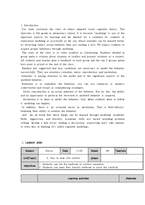
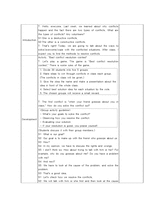
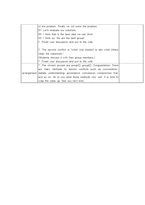
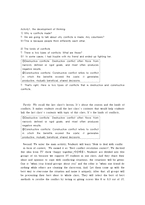
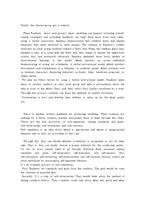

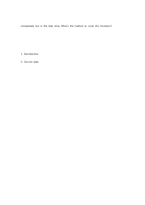
 분야
분야


